Despite 58 years experimentation with the policy of protective discrimination and planned development a large majority of the 80.2 million tribal people languish in abject poverty, landlessness, powerlessness, illiteracy and malnutrition. Being caught in the hangover of the strong patriarchic tradition the women of nearly 700 marginalized tribal communities find themselves highly exploited, subjugated and voiceless. The present book, first of its kind on tribes living in northern districts of West Bengal, explores the areas of subjugation of tribal life and particularly that of the tribal women and analytically presents the case of tribal women in a tea garden locale in the Dooars region of Jalpaiguri district. The focus of the study has been education, i.e. how the tribes in general and tribal women in particular are doing in the field of education. The field of education in chosen because it is generally considered the most important force of empowerment, enlightenment and social transformation and because it provides us with a field to explore the areas of gender discrimination subsumed in tribal patriarchy. The book has approached the problem of tribal education and the gender question in education against the backdrop of the dialectics of dominant-subordinate relationship between the state and the dominant society on the one hand and the marginalized tribes on the other. The uniqueness of the book lies in its critical approach to the state-sponsored development strategies and its emphasis on a ‘cultural approach’ for a better understanding of the problem and for working out alternative development strategies for improving the education status of the tribal communities.
Tribes Education and Gender Question
In stock
Free & Quick Delivery Worldwide
Bibliographic information
Title
Tribes Education and Gender Question
Author
Edition
1st ed.
Publisher
ISBN
8172111975
Length
x+165p., Tables; Maps; Bibliography; Index; 23cm.
Subjects

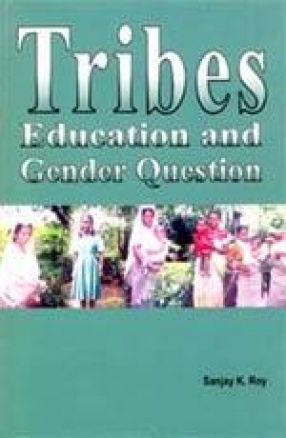
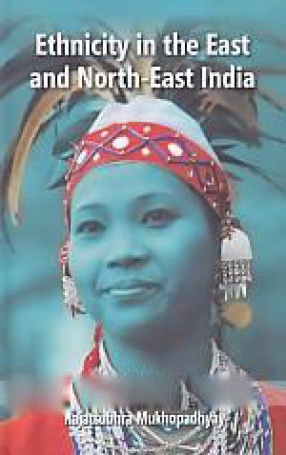
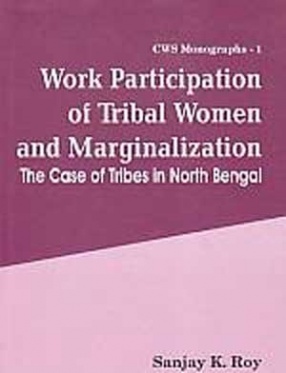
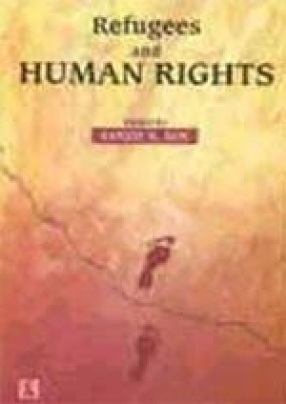
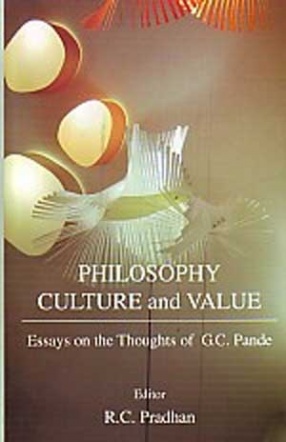
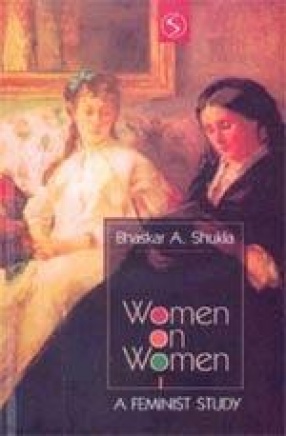
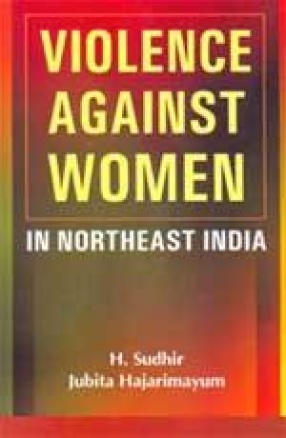
There are no reviews yet.